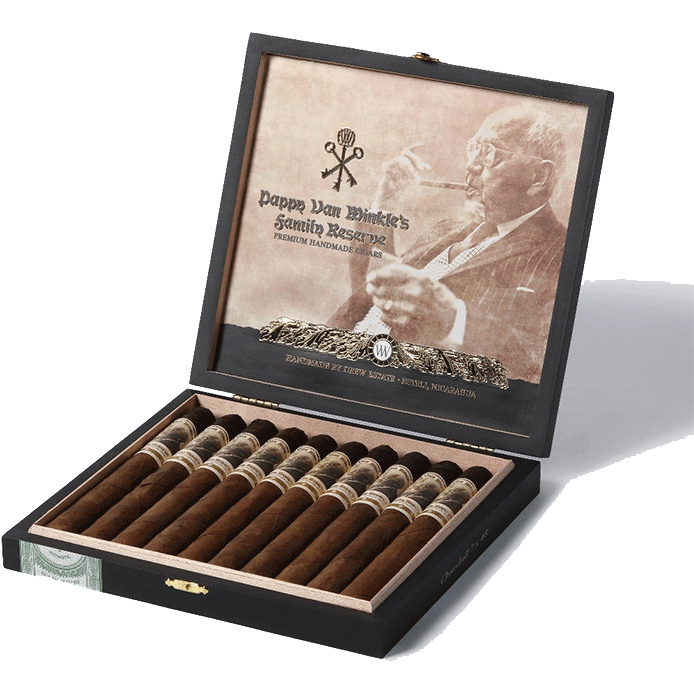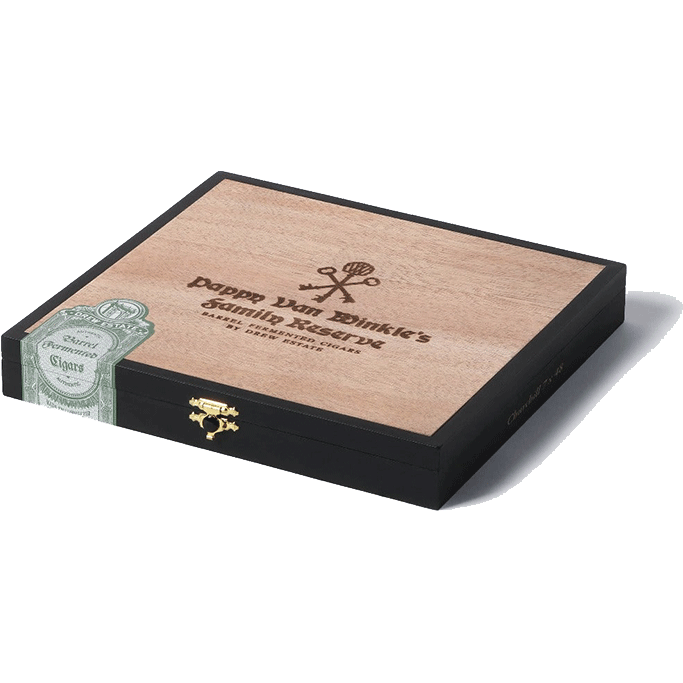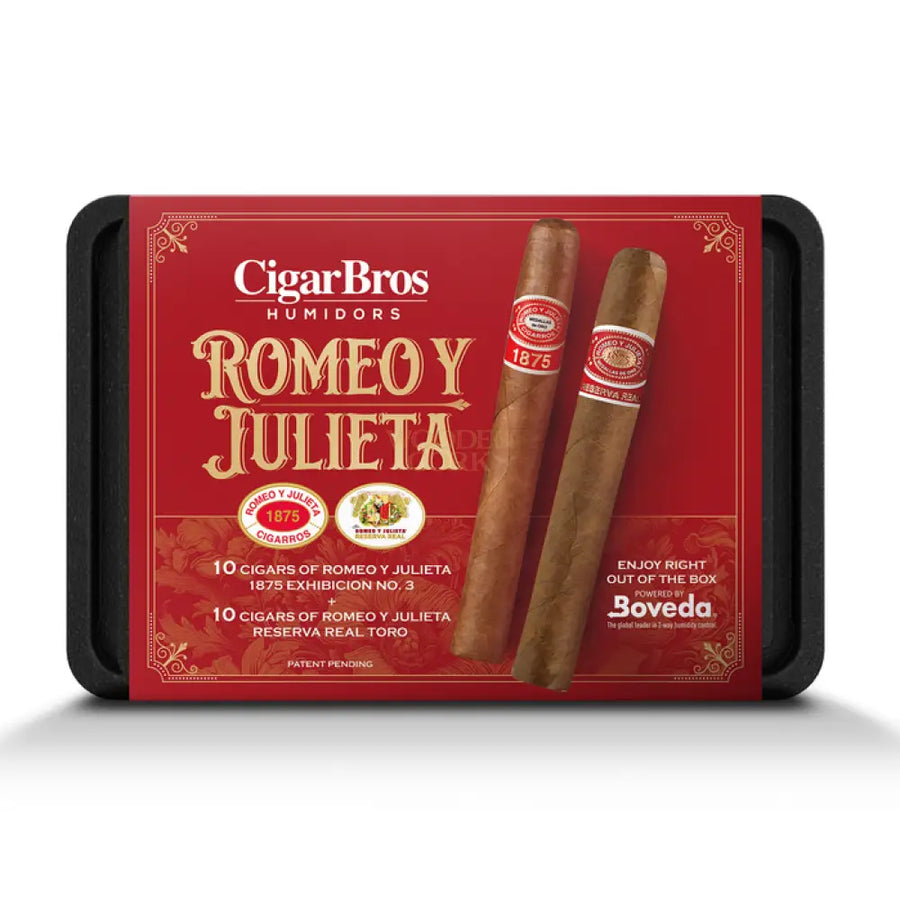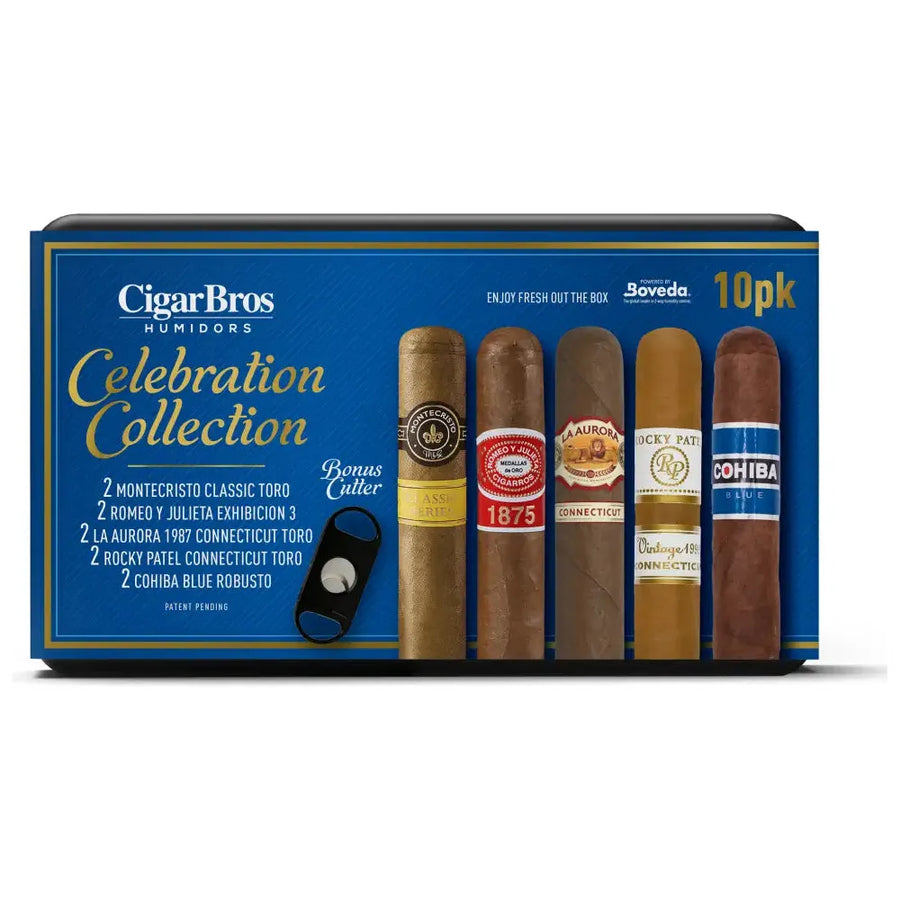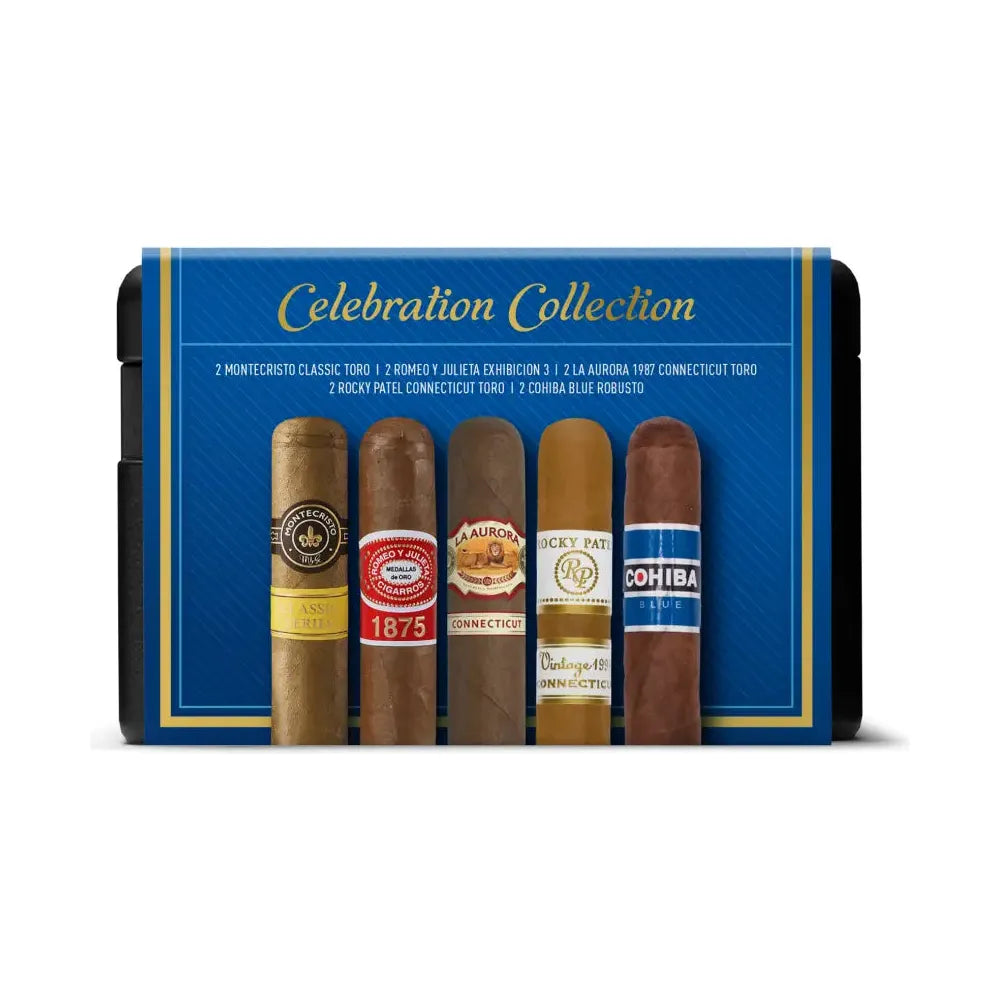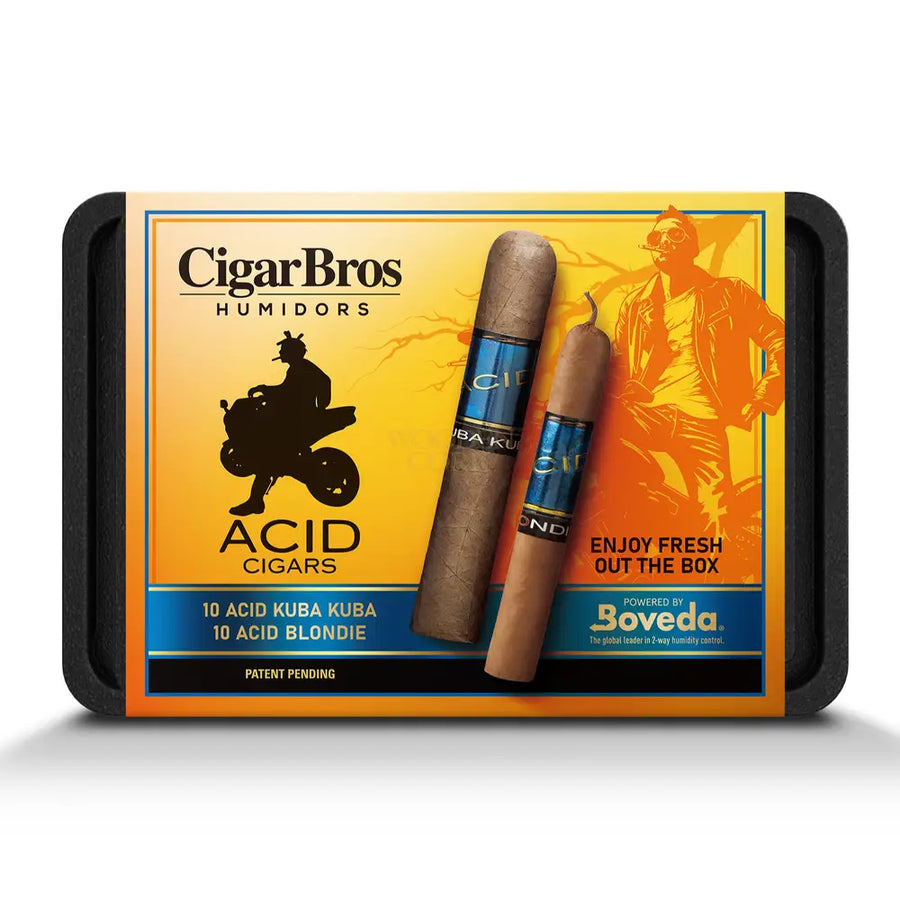
Fonseca Bin 27 Reserve Ruby Port 750ml
1 review
Regular price
$2299
$22.99
Regular price
Sale price
$2299
$22.99
Save
/
🎁 Make It Personal
Add custom engraving, gift wrap, or a greeting card to make your order memorable.
Sip More, Spend Less – Subscribe & Save
- Expertly Packaged
- Authenticity Guaranteed
- Secure payments
- Wine vintage may differ from image
- In stock, ready to ship
- Backordered, shipping soon







